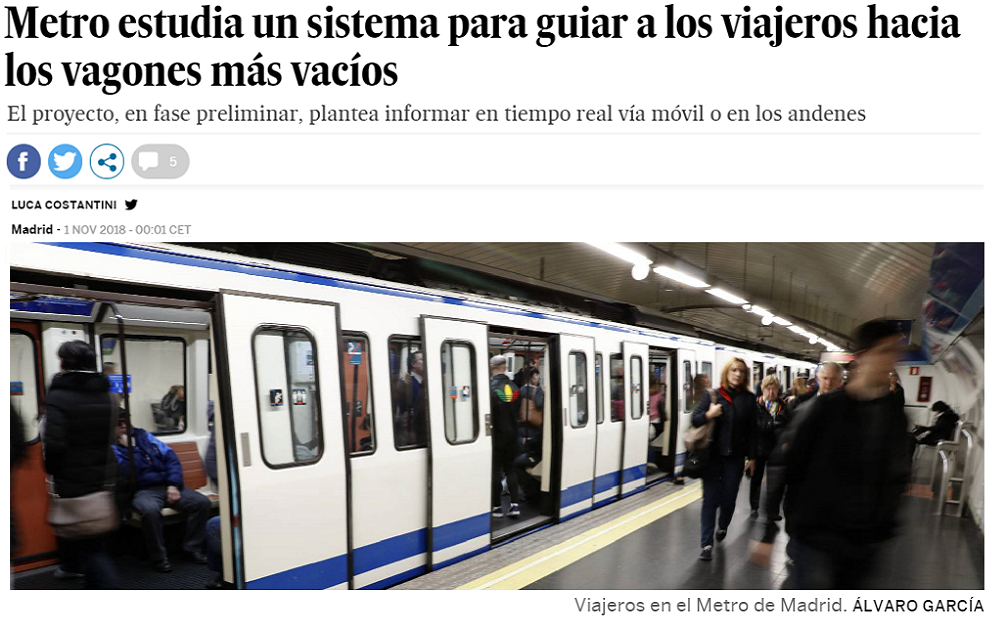In most sectors, Digitalization is already an omnipresent topic. In the railway, we all begin to study the possibilities with considerable interest, above all operators of high demanded networks, such as Metro de Madrid.
There are many applications that a Digital Environment can provide to operators and users. smart motors® agrees on the obligation of the Solution Providers to deliver efficient tools that contributes to increase efficiency, because not anything goes.
NOWADAYS THE ENVIRONMENTAL CULTURE IS PUTTING IN QUESTION TRADITIONAL MODELS
Digital Tools will lead to a significant Revolution within the Railway if the passenger perceives them as a benefit and significant social savings.
In this context, all software companies have to concentrate all the efforts and knowledge and offer innovatives and sustainable tools such as Digital Train®.
DIGITALIZATION ON METRO DE MADRID
In this context, Metro de Madrid welcomes the Digitalization of their Rolling Stock. They have chosen to start providing a functionality with quick results. Click to read the article published by el País: "Metro is studying a system to guide travelers to the emptier cars"
For the Spanish non-speakers, here is the translation:
"Metro de Madrid is studying a system to inform travelers in real time about which are the busiest and least crowded cars. The project is in an "embryonic phase", confirm to EL PAÍS sources of Metro, whose technicians are talking with several companies for the technological development of the service. The initiative also proposes to provide data on the temperature of the wagons, through a mobile application or on screens installed on the platforms.
Juan Pablo García Nieto, Metro engineer, says that the calculation system is relatively simple. It involves including sensors to estimate, based on the weight of the cars, the number of users in each car. This will guide travelers to the emptiest cars, which will streamline traffic and reduce downtime.
Sensors can also offer other "basic indications", such as temperature, improving service and anticipating breakdowns. "Our objective is to point out for the travelers the cars they can be more comfortable in," explains García Nieto, who stresses the importance of "predictive maintenance" offered by this new tool. (...) The Spanish startup smart motors®, which has collaborated with Barcelona metro, is also in talks with Metro de Madrid to define the new system.
Marc Gispert, founder and CEO of Smart Motors, points out that the digital revolution will allow offering dozens of data about trains. "A train can have about 12,000 measurable parameters and it will have more and more," he says. For example, about the most convenient points where to make transshipment, the distance of each access, energy efficiency and even driver's behaviour.
The data goes directly to the control center, saving costs, but they can also reach users through their mobile phones, facilitating their journey. In fact, according to industry studies, it is already possible to anticipate that the cars at the ends are usually more busy, specifically 30% more than those in the middle. Figures that are registered in other cities and that in all likelihood will also be repeated in Madrid."
As a railway Digitalization services provider, smart motors® looks forward to bring out the most of this innovative initiative, as an opportunity to participate in new challenging projects with Metro de Madrid and other operators that Welcome Digitalization.





